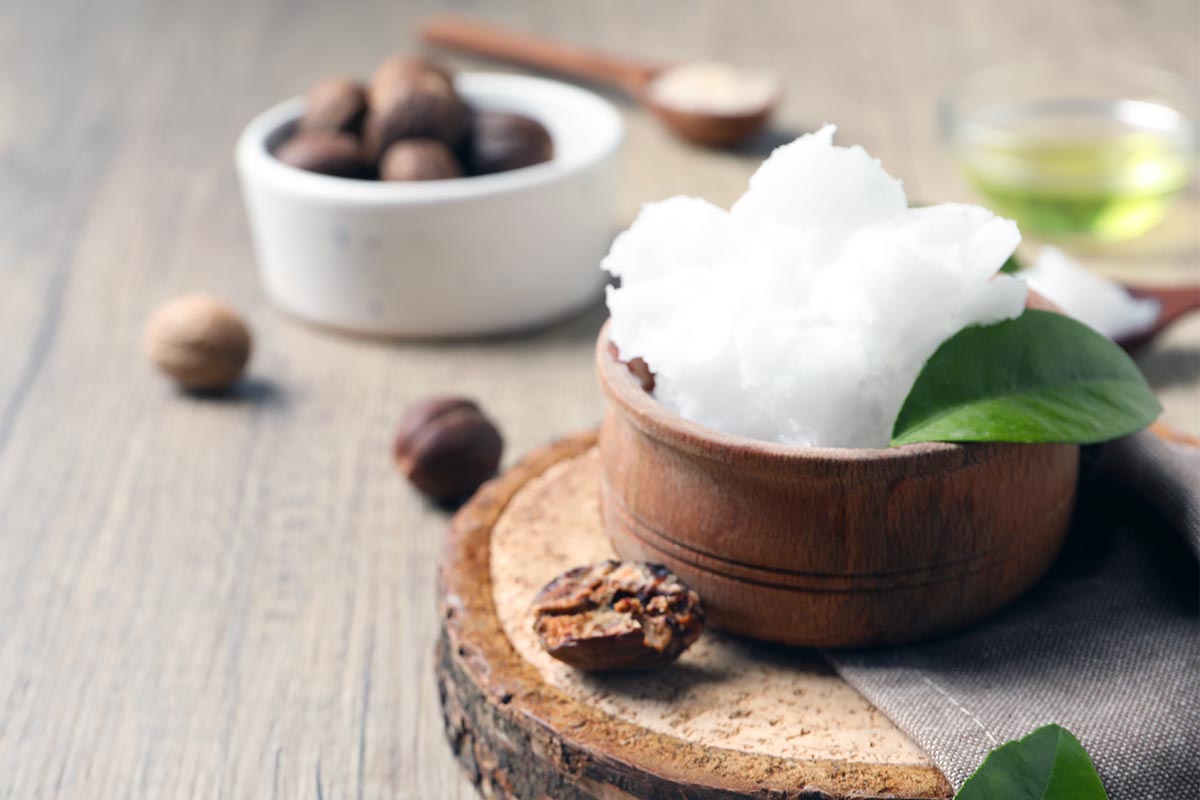Maximizing Quality with a Tensile Strength Tester: A Comprehensive Guide

When it comes to assessing the durability and reliability of materials, a Tensile Strength Tester plays an indispensable role. Industries ranging from textiles to construction rely heavily on this tool to ensure their products meet rigorous quality standards.
This article explores the significance of Tensile Strength Testers and highlights the key features of a Textile Tensile Testing Machine, ensuring a clear understanding of their applications.
What is a Tensile Strength Tester?
A Tensile Strength Tester is a specialized device designed to measure the maximum stress a material can withstand while being stretched or pulled. By applying controlled force, this tool determines the breaking point and elasticity of the tested material.
Industries such as aerospace, manufacturing, and textiles use these testers to guarantee their products’ durability and compliance with safety standards.
Applications of Textile Tensile Testing Machines
A Textile Tensile Testing Machine is a specific type of tensile tester engineered to evaluate fabric and textile materials. Here’s why they are essential:
- Assessing Fabric Strength: Whether for clothing or industrial use, textiles must meet durability benchmarks. This machine tests woven, non-woven, and knitted fabrics for tensile strength.
- Quality Assurance: Manufacturers use these machines to maintain consistent quality across production batches.
- Research & Development: Engineers and designers utilize tensile testers during the development of new materials.
Key Features of a Textile Tensile Testing Machine
- Precision Measurement: These machines provide accurate data on breaking force, elongation, and load at break.
- Customizable Test Parameters: From speed to gauge length, parameters can be tailored to meet specific industry requirements.
- User-Friendly Interfaces: Modern machines include software interfaces for real-time data analysis and reporting.
Why Invest in a Tensile Strength Tester?
- Enhanced Product Reliability: By identifying weaknesses in materials, manufacturers can improve product designs.
- Compliance with Industry Standards: A Tensile Strength Tester ensures that materials adhere to international quality and safety norms.
- Cost Efficiency: Detecting and rectifying material issues early reduces waste and production costs.
Choosing the Right Tensile Strength Tester
When selecting a Textile Tensile Testing Machine or general-purpose tensile tester, consider the following:
- Material Type: Ensure compatibility with the materials you intend to test.
- Load Capacity: Choose a machine that can handle the maximum expected force.
- Software Integration: Opt for machines with advanced data logging and reporting features.
- Brand Reliability: Invest in trusted brands known for durability and precision.
Conclusion:
A Tensile Strength Tester is more than just an instrument—it is an essential component of modern manufacturing and quality assurance. For textile applications, the Textile Tensile Testing Machine ensures fabrics meet performance and durability expectations, providing unmatched reliability in both consumer and industrial markets. By investing in this technology, businesses can enhance their product quality, safeguard their reputation, and achieve industry compliance.
For more information on textile testing methods/standards
or textile testing machines, contact us:
Whatsapp: +86 180 2511 4082
Tel: +86 769 2329 4842
Fax: +86 769 2329 4860